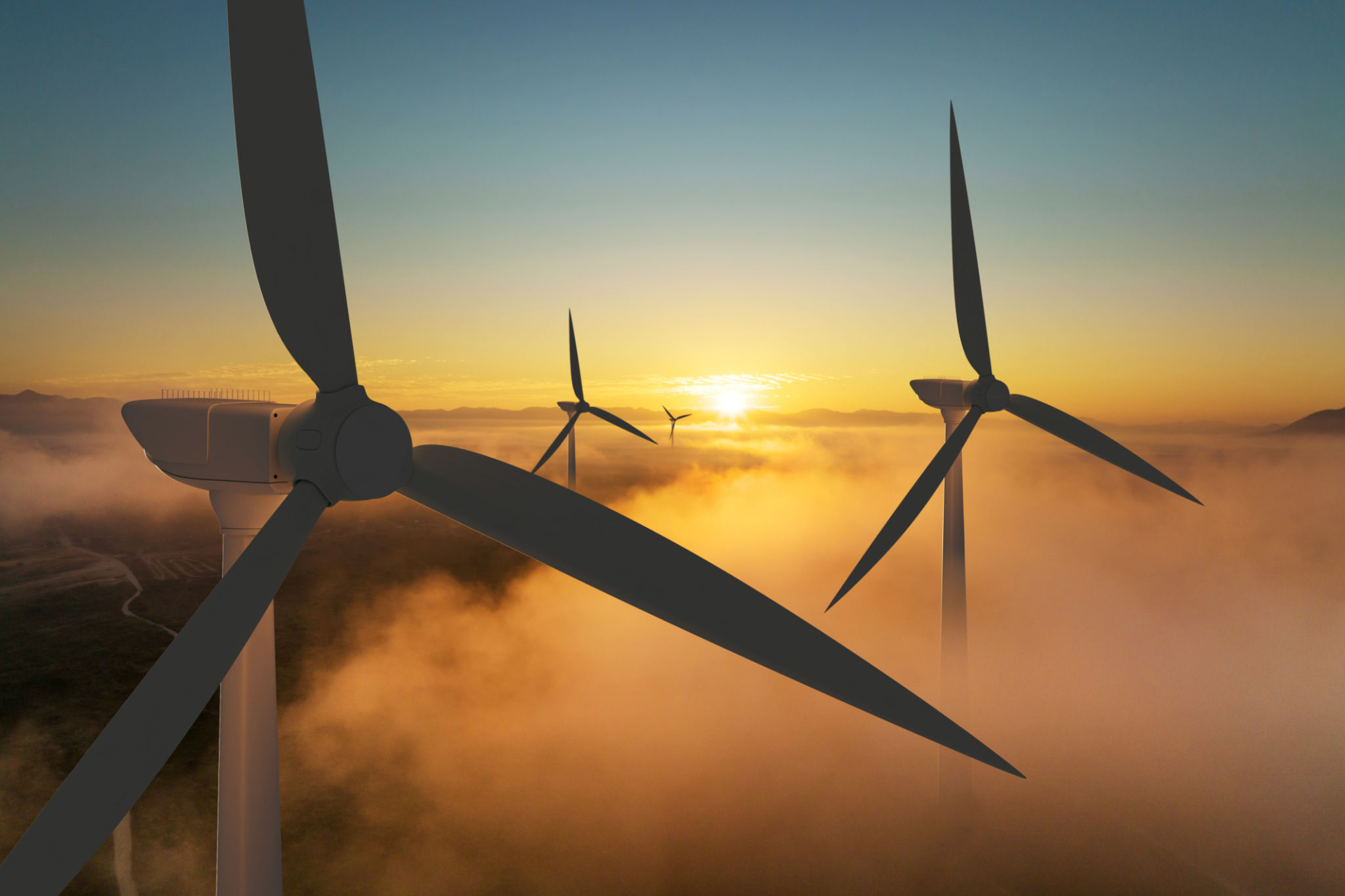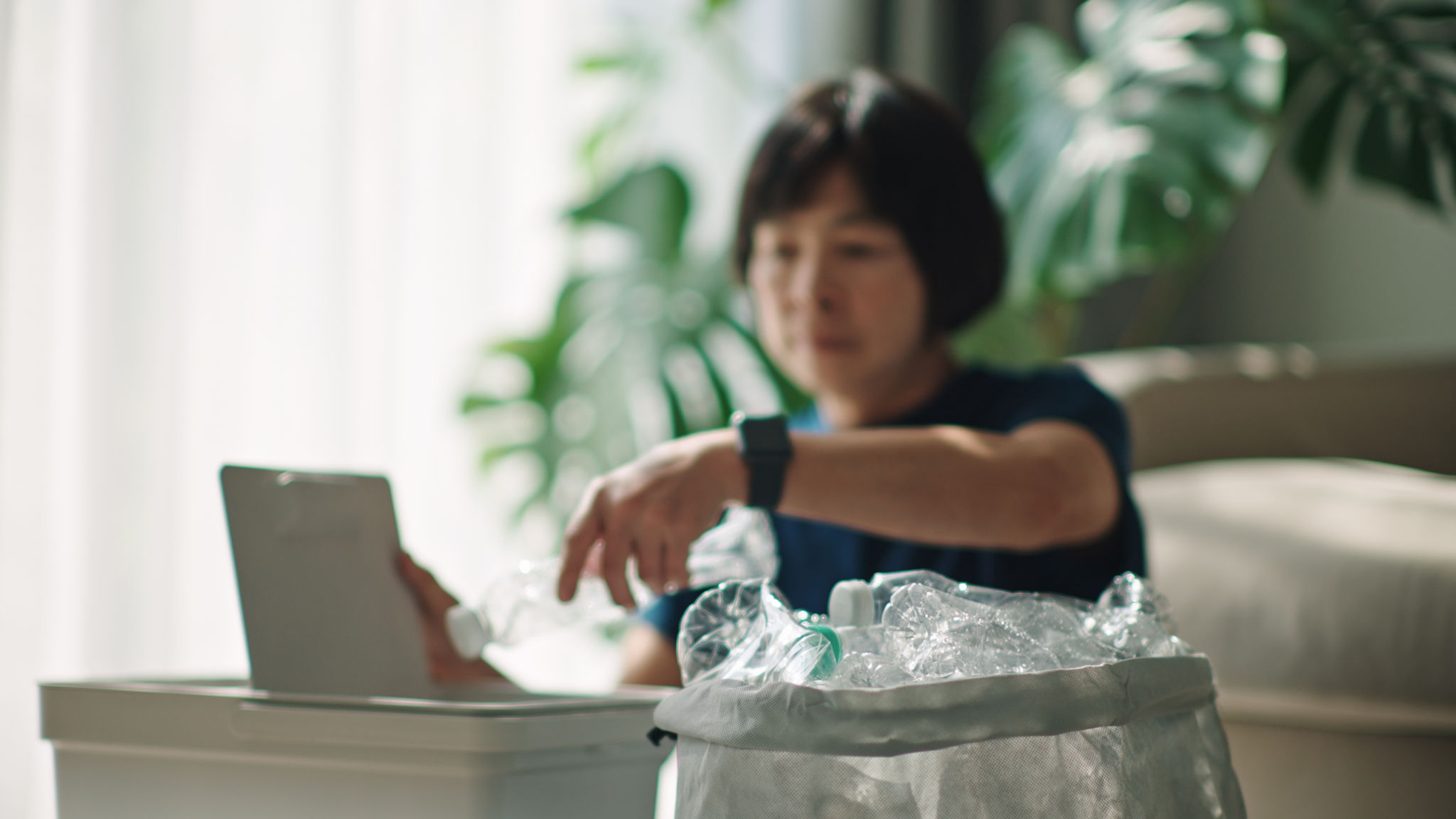Top Power Generation Solutions for a Sustainable Future in Dubai
Introduction to Sustainable Power Generation
As one of the fastest-growing cities in the world, Dubai faces a significant challenge in meeting its energy demands sustainably. With a focus on innovation and sustainability, Dubai is actively pursuing power generation solutions that align with its ambitious environmental goals. This blog post explores some of the top power generation solutions that are paving the way for a sustainable future in Dubai.

Solar Power: Harnessing the Desert Sun
Dubai is leveraging its abundant sunlight to generate clean energy through solar power. The city hosts the Mohammed bin Rashid Al Maktoum Solar Park, one of the largest single-site solar parks globally. By 2030, this solar park aims to produce 5,000 MW of energy, significantly reducing carbon emissions. This initiative is a cornerstone of Dubai's Integrated Energy Strategy 2030, which seeks to increase the share of clean energy in the total energy mix.
Solar power is not only sustainable but also cost-effective in the long term. With advancements in solar technology, the efficiency and affordability of solar panels have improved, making it a viable option for both residential and commercial applications in Dubai.
Wind Energy: Capturing the Coastal Breeze
While solar energy dominates the renewable landscape, wind energy is emerging as a complementary solution. Dubai is exploring offshore wind farms to harness the coastal winds. This approach has the potential to provide a steady and reliable source of energy, especially during the evening and night when solar power is not available.

Investing in wind energy infrastructure not only diversifies the energy portfolio but also contributes to energy security. By incorporating wind energy, Dubai can ensure a balanced and resilient energy system that supports its growing population and economy.
Waste-to-Energy: Turning Trash into Treasure
Dubai's innovative waste-to-energy projects are transforming waste management practices. These facilities convert municipal solid waste into energy, reducing landfill use and minimizing environmental impact. The largest waste-to-energy plant in the Middle East is under construction in Dubai and is expected to process 1.9 million tonnes of waste annually.
This solution not only addresses waste disposal challenges but also generates electricity and heat, contributing to Dubai's renewable energy targets. Waste-to-energy is a practical approach to achieving a circular economy, where waste is viewed as a resource rather than a problem.

Nuclear Energy: A Reliable Power Source
The Barakah Nuclear Energy Plant, although located in Abu Dhabi, plays a crucial role in providing clean energy to Dubai. Nuclear energy is a stable and reliable source of power, producing minimal greenhouse gas emissions. This plant is part of the UAE's broader strategy to diversify its energy sources and reduce dependence on fossil fuels.
Nuclear energy complements renewable sources, offering a consistent power supply that supports Dubai's sustainable development goals. As the city continues to grow, nuclear energy will be an essential component of its energy strategy.
Conclusion: A Sustainable Path Forward
Dubai's commitment to sustainable power generation is evident in its diverse energy initiatives. By investing in solar, wind, waste-to-energy, and nuclear power, Dubai is setting a benchmark for sustainable urban development. These solutions not only address the city's energy needs but also contribute to global efforts in combating climate change.
As Dubai continues to innovate and invest in sustainable solutions, it is paving the way for a cleaner and greener future. The city's efforts serve as an inspiration for other urban centers worldwide, demonstrating that economic growth and environmental sustainability can go hand in hand.
